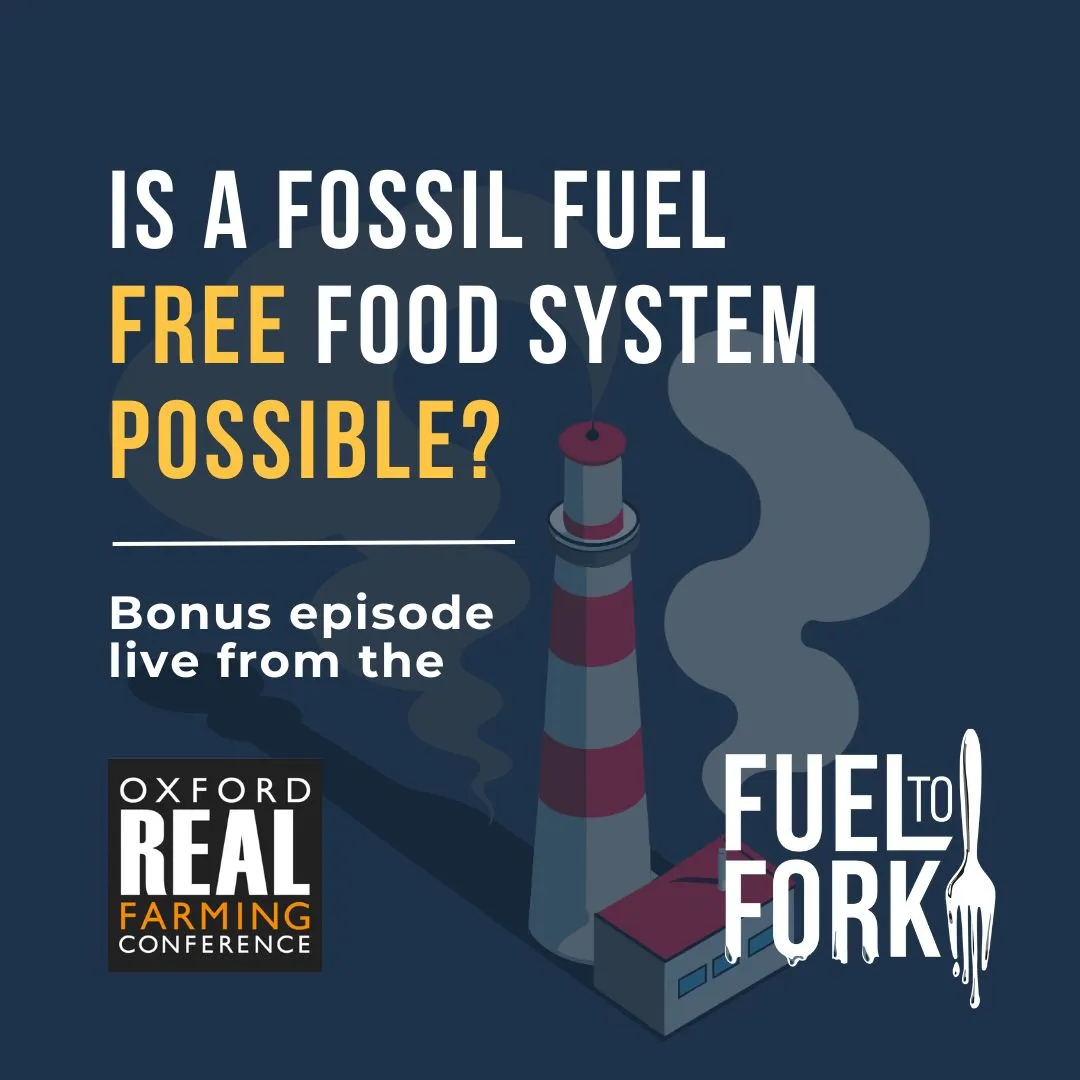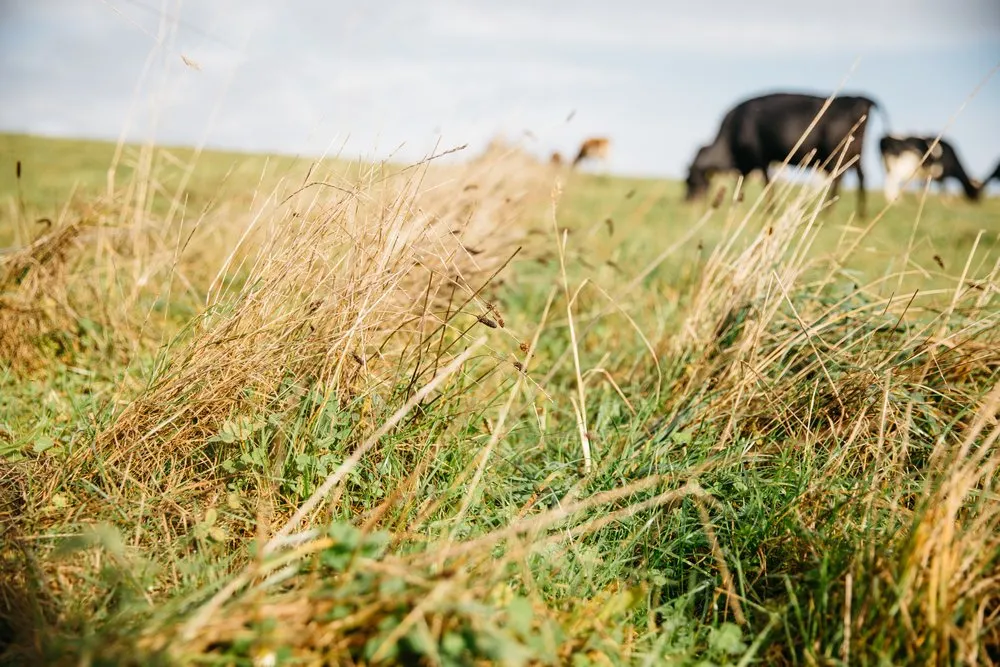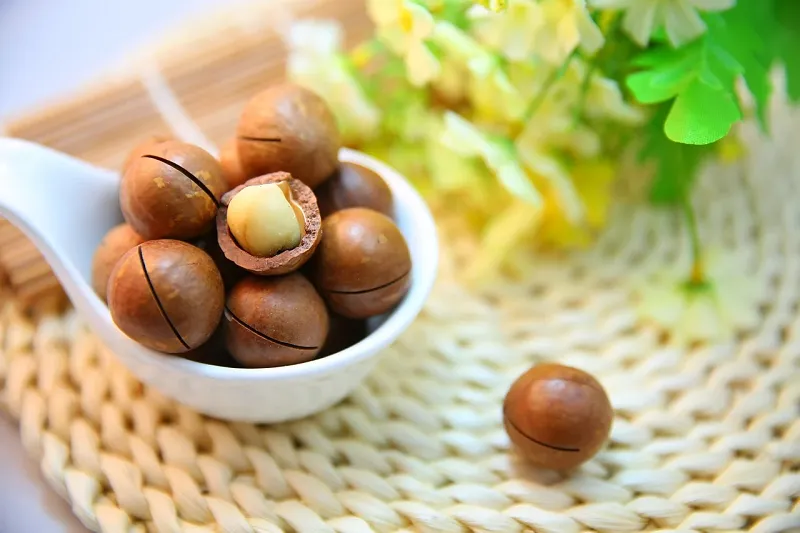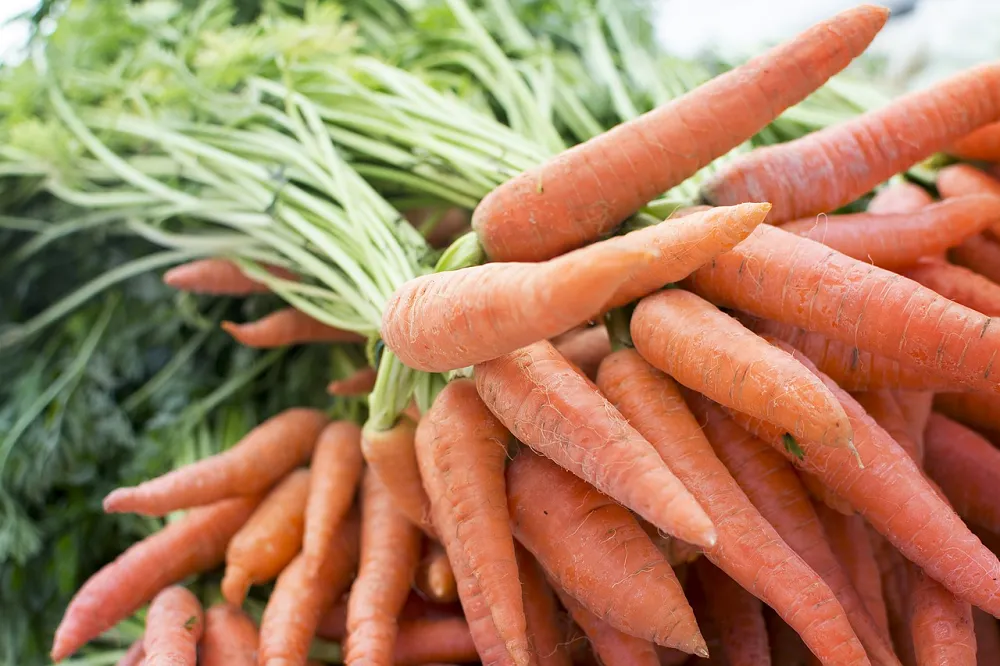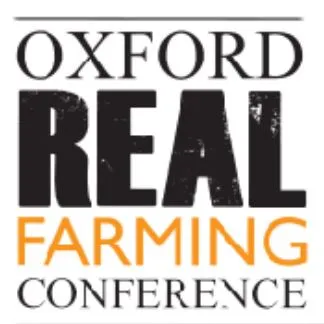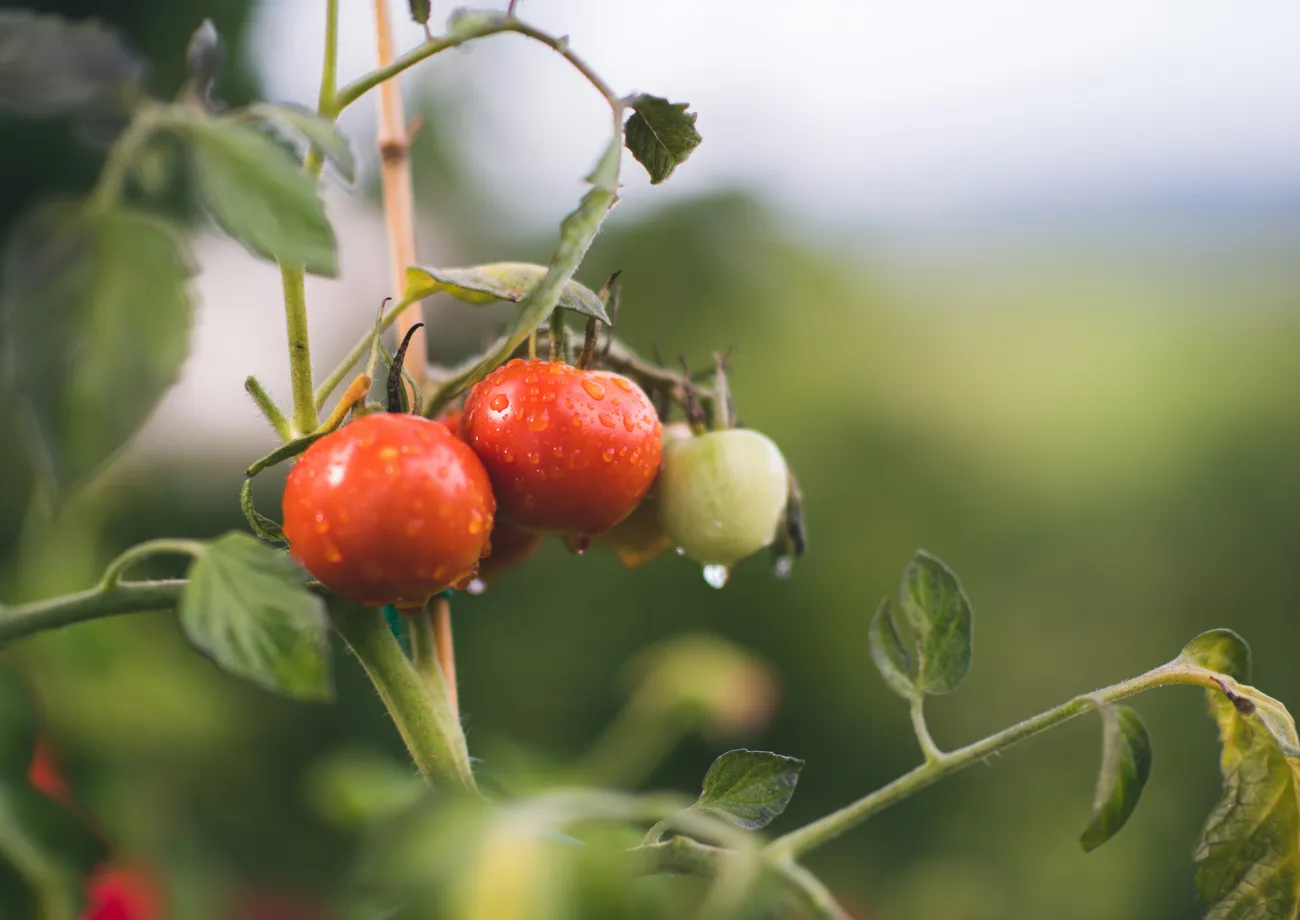Organic farming is an approach to farming in which synthetic chemical insecticides and herbicides and inorganic fertilisers are excluded. Underpinning organic farming is the idea that farming should rely on ecological processes, biodiversity, and cycles adapted to local conditions, rather than the use of inputs with adverse effects (e.g. agrochemicals such as pesticides and synthetic fertilisers).
Organic certification is protected by law, and certification bodies (e.g. the Soil Association in the United Kingdom) specify the practices, methods of pest control, soil amendments, and so forth that are permissible if products are to achieve organic certification. In the UK, for example, food can only be labelled as 'organic' if production rules are met; at least 95% of the agricultural ingredients are organic; and the product, its labels and suppliers are certified by a Defra-approved organic control body.
